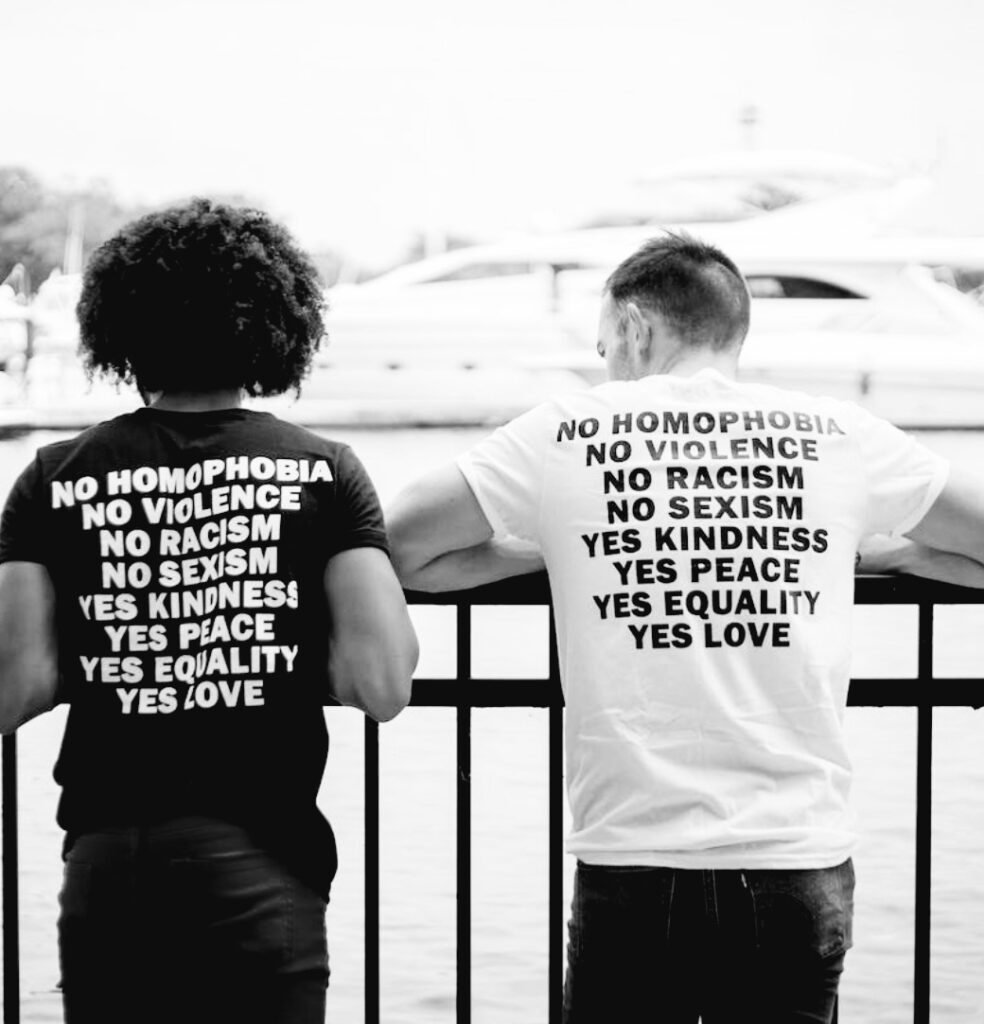In today’s globalised world, cultural communication is becoming increasingly crucial for businesses to succeed. Businesses are expanding their operations to reach new markets. Therefore, from dealing with international clients to managing multicultural teams, communicating effectively across cultures is vital for the success of a business.
Before we take a deeper dive into cultural communication, it is crucial to understand the meaning of cultural communication.
‘Intercultural communication refers to the effects on communication behaviour when different cultures interact. Hence, one way of viewing intercultural communication is as communication that unfolds in symbolic intercultural spaces.’ (Arasaratnam, 2013:48)
From our perspective, it is the exchange of ideas and information between people from different cultural backgrounds. It is a complex process that involves respecting and understanding different beliefs, customs and values.
Understanding different cultures – the benefits
Understanding different cultures enables individuals to navigate their way around different social and business settings with ease. By understanding these differences, you can avoid offending your clients or colleagues and build stronger relationships with them. It can help you develop a more inclusive and diverse mindset. This can lead to improved decision-making, increased innovation and creativity, and a positive workplace culture.
Understanding is also the ability to build stronger relationships with people and teams from diverse backgrounds. By showing an interest in their culture and respecting their customs and traditions, you can establish trust and mutual respect.
Necessary skills of cultural communication
Firstly, active listening is essential in cultural communication, as it allows one to understand the other person’s perspective. Secondly, adapting communication styles to suit different cultures is necessary. It involves understanding the nuances of communication in various cultures, such as indirect language or nonverbal cues. Thirdly, cultural sensitivity is a must-have skill when communicating across cultures. It involves being aware of and respecting the differences in cultural practices, values and beliefs. Finally, having an open and curious mindset towards different cultures is vital. This involves being willing to learn about other cultures and being open to new ways of thinking and doing things.
Intercultural competence involves communicating effectively with people from diverse cultures, building relationships and adapting to different situations. It requires individuals to be open-minded, non-judgmental and respectful of other cultures.
Invest in the cultural sensitivity of your teams – there is an ROI (return on investment)
Companies must invest in cultural awareness training to ensure employees have the skills to communicate effectively in multicultural settings. With the proper training and support, employees can develop the skills they need to navigate cultural differences and build strong relationships with people from different cultures. This is how you can achieve boundlessly successful communication.
‘A company’s employees are its greatest asset, and your people are your product.’ (Sir Richard Branson)
